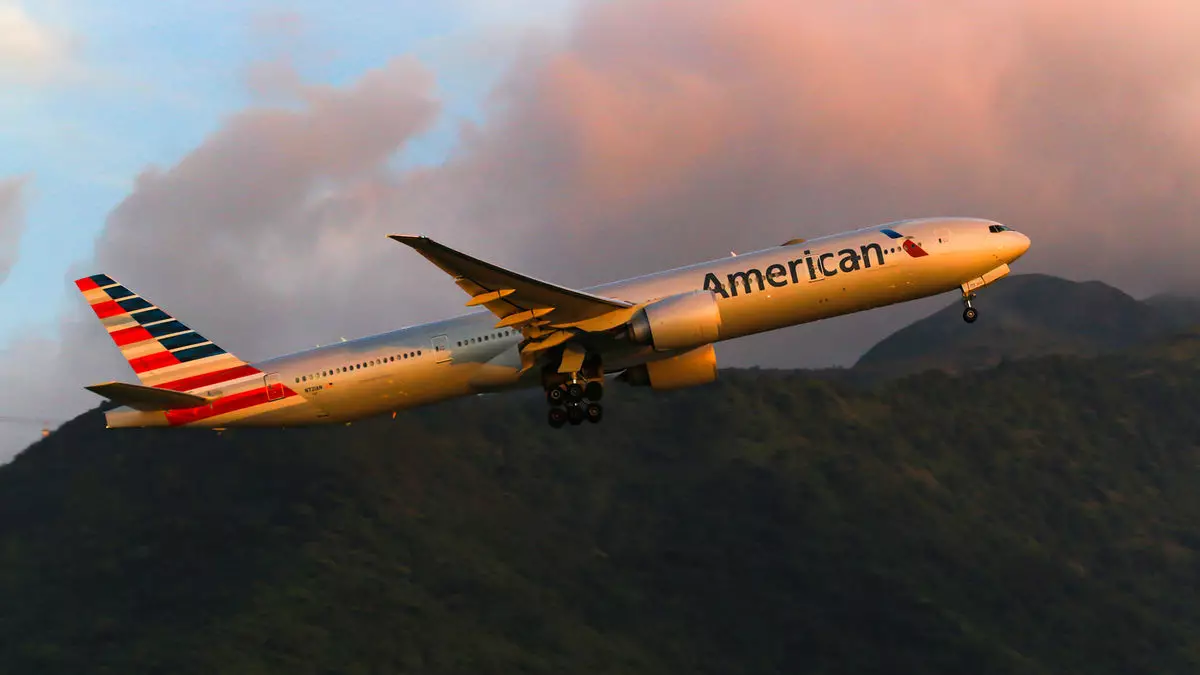American Airlines and the American Society of Travel Advisors (ASTA) have been engaged in a heated dispute regarding American’s distribution practices. ASTA filed a complaint with the Department of Transportation (DOT) in September, claiming that American’s removal of a significant portion of its content from traditional GDS booking channels has been detrimental to consumers. American responded to the complaint in November, and ASTA followed with a response in December.
American Airlines’ Response
In a 20-page filing, American Airlines accused ASTA of attempting to stifle innovation and competition in airline distribution for the benefit of certain travel agencies rather than consumers. American argued that ASTA’s issue is not with the technology itself but with the fact that some corporate travel agencies prefer not to use it. American has made its full range of fares available to travel agencies exclusively through connections enabled by New Distribution Capability (NDC).
The Advantages of NDC
American Airlines, along with other airlines adopting NDC, favors this technology over traditional GDS because it allows for the merchandising of a wider range of products, including ancillary products and fare bundles. NDC also enables continuous pricing, eliminating the reliance on the traditional fare filing system, which has limitations. By implementing NDC, airlines can deliver previously unachievable efficiencies, innovation, and service benefits.
ASTA has raised several concerns about the NDC system, including the lack of virtual payment capabilities, the inability to book air, car, and hotel simultaneously, and the absence of support for rules or custom fields. These limitations are crucial for agencies that manage corporate accounts. Additionally, ASTA argues that implementing NDC connections is an expensive proposition, which favors larger companies with larger budgets, like online travel agencies (OTAs), over smaller and medium-sized agencies.
American Airlines claims that blocking technological competition in airline distribution would leave consumers stuck in outdated systems and hinder progress. The airline also points out that several travel sellers, including Priceline, Expedia, Kayak, and Hopper, are actively working to bring the NDC-improved experience to every consumer. American argues that any service limitations under NDC should be addressed by travel agencies, regardless of the technology used. The airline asserts that there is no legal basis to hinder industry advancements for the benefit of a select group of corporate travel agencies that have historically exploited outdated technology to protect their profits.
The dispute between American Airlines and ASTA revolves around the implementation of NDC technology in airline distribution. While American Airlines sees NDC as a means to provide enhanced services and efficiencies, ASTA has raised valid concerns about the limitations and costs associated with transitioning to this new system. As the debate continues, it remains to be seen how the DOT will rule on ASTA’s complaint and what impact it will have on the future of airline distribution practices.


Leave a Reply